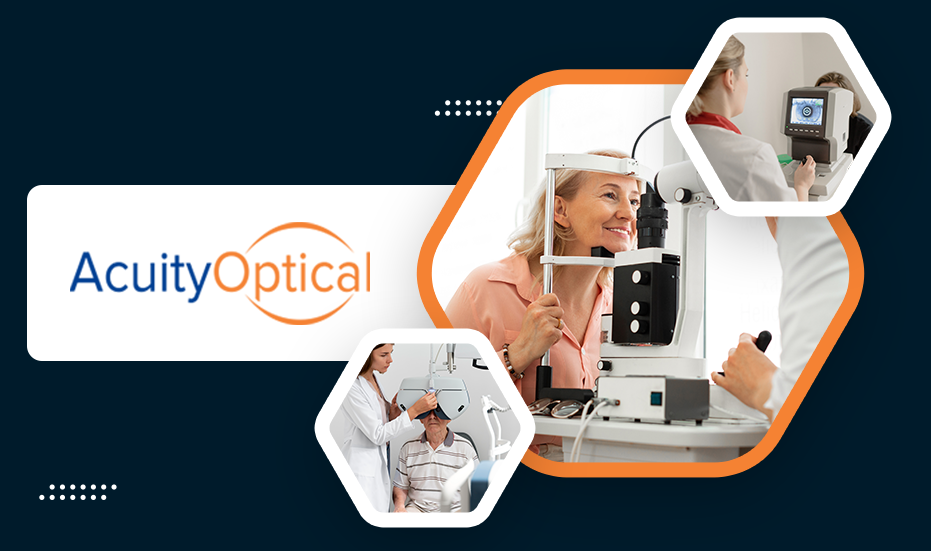Farsightedness, commonly referred to as hyperopia, is a frequent refractive defect of the eye. It is a state in which distant things are more distinct than local ones. When trying to read or perform close-up work, people with hyperopia may experience eye strain, headaches, and impaired vision because they have trouble focusing on close-up things. Consulting the best optometrist in Bakersfield can help you to diagnose and treat it properly.
To aid in your understanding of this visual ailment, let’s analyze the causes of hyperopia and its primary symptoms.
Origins of Hyperopia:
When a person has hyperopia, either their eyeball is a little bit shorter or the cornea, the clear front surface of the eye has less curvature than is necessary for optimal light refraction. As a result, rather than shining directly on the retina, light entering the eye is focused behind it. As a result, when staring at close objects, the focused image distorts because it extends just past the retina.
Although it might be present at birth, hyperopia can potentially get worse with time. Some people may be more prone to acquiring hyperopia since their family has a history of the disorder.
Indications of Hyperopia:
Recognizing the symptoms of hyperopia is crucial for early detection and appropriate vision correction. Here are some common indications to be aware of:
- Blurry Close-Up Vision: People with hyperopia often have trouble reading, using digital devices, or performing tasks that require near vision.
- Eyestrain and Headaches: Straining to see nearby objects can lead to eyestrain and frequent headaches, especially after activities like reading or computer work.
- Squinting: Farsighted individuals may subconsciously squint in an attempt to bring objects into focus, temporarily improving vision.
- Eye Fatigue: Prolonged efforts to compensate for hyperopia can result in eye fatigue and discomfort.
- Difficulty in Night Vision: Some people with hyperopia may experience challenges with night vision, particularly in low-light conditions.
If you experience any of these symptoms, seeking a professional Optometrist in Bakersfield is recommended for proper diagnosis and appropriate corrective measures, such as glasses or contact lenses.
Addressing Hyperopia:
It is a good thing that hyperopia can be treated because there are many ways to make vision better. These include:
- Prescription Glasses: Prescription glasses with positive power (+) lenses can aid in correctly focusing light onto the retina, enhancing near vision.
- Contact lenses: Just like eyeglasses, the right contact lens prescription can help those who are hyperopic see clearly.
- Refractive Surgery: Refractive procedures like LASIK or PRK can modify the cornea, correcting hyperopia and obviating the need for glasses or contact lenses.
When to visit the Optometrist in Bakersfield:
It is crucial to adhere to the eye doctor Bakersfield’s instructions for routine examinations if you have been diagnosed with hyperopia. A refractive mistake called hyperopia makes it possible to view distant things more clearly than adjacent ones. Although contact lenses or glasses can frequently correct hyperopia, ongoing testing is necessary to ensure that your vision is stable and to identify any potential changes or concerns.
Understanding hyperopia is essential for recognizing its indications and seeking appropriate vision correction. If you experience any of the symptoms mentioned, don’t hesitate to visit Acuity Optical and schedule an eye examination with our renowned eye doctor Bakersfield. With the right diagnosis and treatment, you can regain clear vision and enjoy the world around you without the limitations of farsightedness.

